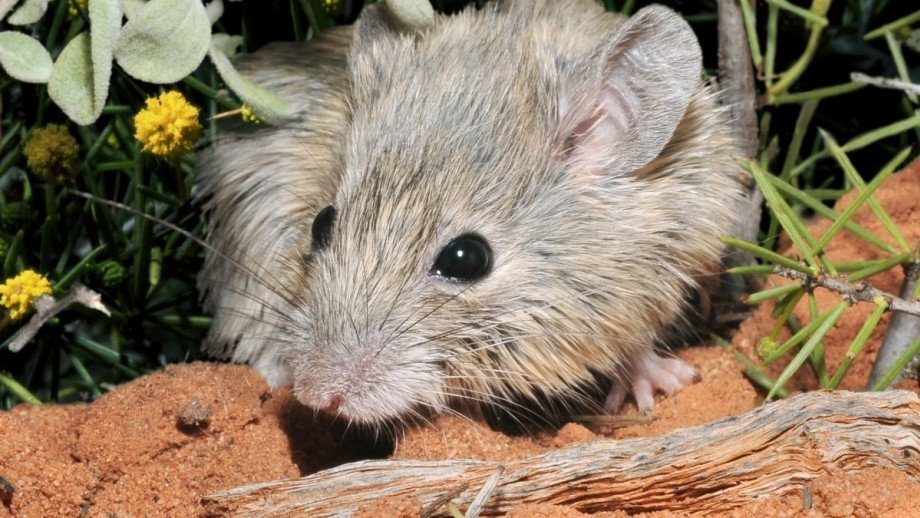
The mouse was considered to be stuck on the mainland, which means that if true it would have been lost for good.
Thankfully this was not the case.
This mouse was living under the identity of the Djoongari mouse, or the Shark bay mouse, on an island in shark bay.
Furthermore, by looking at the genetic diversity of these mice (from specimens taken at the time) was high, which makes it clear that right before extinction, there were large numbers of these animals. This means that their extinction was not a natural process as had been assumed, but is instead an issue with human arrival.
Instead, extinct is likely due to a mixture of
- Introduction of predators in the form of domestic cats and foxes
- changes to fire management (carried out effectively before European arrival)
- Introduction of new diseases
- Habitat destruction due to industrialisation and land clearing for agriculture.
While these mice are unlikely to be possible to return to the mainland for some time (until feral cats and other species are eliminated) they can perhaps be introduced to other small islands to guarantee their survival.











